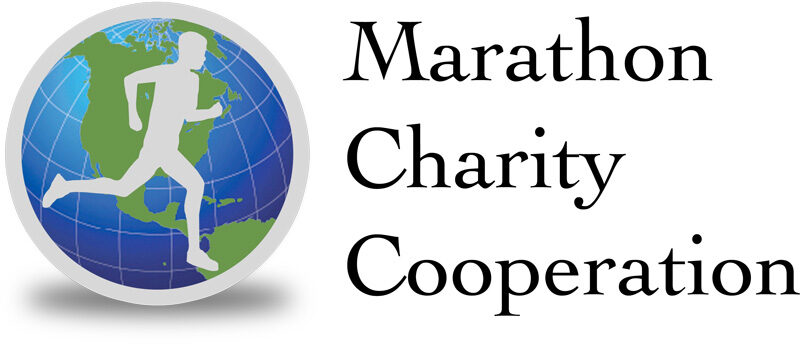By Jason Fitzgerald | For Active.com
Runners are always searching for ways to accelerate recovery after their long runs or hard workouts. Look at any running message board and these questions come up constantly: Should I drink a protein shake after my runs? Do ice baths work? What about Epsom salt baths? Foam rolling is great, but what about ART (Active Release Therapy)?
Most of these runners are looking for ways to mitigate the soreness, aches and pains that result from normal training. They want to find quick fixes so they can feel great again for their next workout.
The recovery tools mentioned above can all be used with varying degrees of success to manage the soreness you experience from training. But these strategies aren’t the best available.
In fact, there’s something you can do better that you’re already doing to help you get even more out of your workouts, recover faster, and, ultimately, get a lot faster.
The best way to recover is, quite simply, sleep.
Why Is Sleep so Important?
Most of us think we don’t need any help sleeping. But knowing how to sleep better is a skill that you have to learn just like any other. And when you crack the code of restful sleep, the results will follow.
A Stanford study revealed that basketball players who got 10 hours of sleep showed improved mood, shooting percentage and sprint times, and similar results were experienced by Stanford’s golf, swimming and track teams.
Can you imagine if you could improve your race times and get more out of your workouts without changing your training at all?
Sleep has that power. By further helping your body adapt to the stress of running, you can make your training even more productive. Plus, extra recovery time from increased sleep will help your body heal more from the rigors of training, resulting in fewer niggles and overuse injuries. It’s a win-win!
How to Sleep Like a Pro
Getting to sleep faster—and sleeping more soundly—can be engineered. You can “hack” your way to better sleep by following a simple set of principles designed to help you sleep like a pro.
These strategies will help you get more restorative, slow-wave sleep (“Delta Wave” sleep), when the majority of tissue repair occurs. They will also help you get to sleep faster, eliminating wasted time tossing and
1. No screen time within an hour of bed. The blue light from screens like smart phones, TVs and tablets negatively affects your circadian rhythm and prevents you from falling asleep as quickly at night.
2. Use blackout curtains in your bedroom. Light signals your body to get up, even if it’s only 5 a.m. To prevent waking up constantly during the early morning hours, shut out as much light as possible.
3. Read a fiction book for 30 minutes before you go to sleep. This strategy helps turn off your “to-do list” brain and promotes relaxation. While nonfiction can give you ideas to implement in your life, business or job, fiction is a mental release, where you can escape to another world without any worry.
4. Easy on the coffee. Stimulants in coffee or energy drinks can make you restless even at night. Limit your caffeine intake during the day and don’t have any stimulants after noon if you’re particularly sensitive to the effects of caffeine.
Above all, doing these things consistently in a set routine every night will help you take back control of your sleep cycle. After you review your past training during a running annual review, consider if sleep might be the next thing you tackle to improve your running.
Once you do, you’ll feel more energized while running and during the day. With a better mood, fewer injuries and faster race times, you might just become a whole new person.
